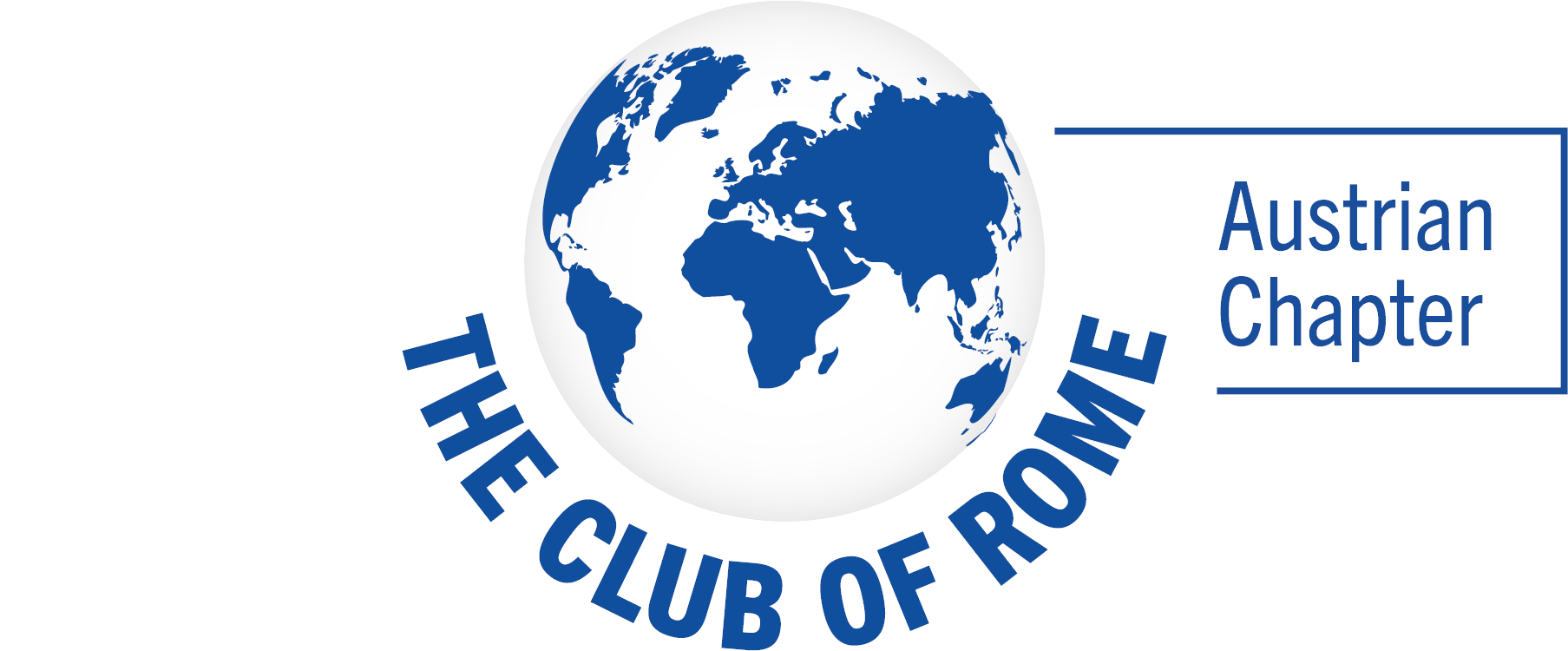by Friedrich Hinterberger
The session presented and discussed at the UNGA 78 was about the global vision of “Earth4All”, a recent report by the Club of Rome concerning the implementation of the SDGs, and zoomed in on two countries pioneers in the national implementation of Earth4All – Kenya and Austria. Earth4All describes an analytical model of how our planet’s future issues could be addressed to transform human development in low-income countries, transform wealth distribution, energy systems, and food systems, empower women, and invest in education for all.
Earth4All shifts the view from an extractive GDP based economy to an economy that takes into account the social and environmental risks in financial and economic decision making and ultimately to an economy that is fundamentally based on a variety of economic models, such as well-being and circular, regenerative, and doughnut economics “beyond GDP”. Key points are to expand the provision of public goods, to bring back the state’s capacity, and to rethink how we reward environmental and social commons. Another critical point is to reduce inequalities between the Global North and Global South and within societies.
Since the SDGs cannot be implemented through a top-down approach alone, participative approaches incorporating and empowering the people are essential. Examples from Kenya and Austria were presented to show how combining the SDGs and the turnarounds mentioned in the Earth4All initiative can further accelerate sustainable transformation. Partnerships for the SDGs and beyond are vital to reaching a sustainable future for all (the Higher Education Sustainability Initiative HESI is a good example). There is an urgent need for more SDG inter- and transdisciplinary research and research funding opportunities to identify synergies and trade-offs between the SDGs to overcome the barriers to SDG implementation.
A particular focus was taken to Africa as the African Union’s Agenda 2063 and the Earth4All Initiative champion sustainability, equity, collaboration, and innovation as core principles. Kenya’s Vision 2030 is a noteworthy illustration of these principles in practice, demonstrating the potential for progress. A successful Earth4All engagement in Kenya, complementing its strides towards Vision 2030, can serve as an inspiring model for other African nations, fostering regional unity and development that aligns seamlessly with the overarching goals of Agenda 2063. To realize these shared aspirations across the continent, policymakers throughout Africa should consider the following recommendations:
• Prioritize integration: Incorporate sustainability and equity principles into national policies to address pressing challenges.
• Promote collaboration: Encourage cross-national collaboration to leverage collective expertise and resources.
• Facilitate technology transfer: Facilitate the transfer of sustainable technologies and practices among African nations.
• Ensure inclusivity: Ensure inclusive public engagement, specifically focusing on women, youth, and other marginalized groups and communities.
• Leverage global partnerships: Harness the potential of international partnerships to amplify efforts and resources.
Around the session, we met leaders from institutions who are interested in Earth4All and are ready to help champion campaigns to rally stakeholders who can support the uptake of key policy and practice messages emanating from the Earth4All initiative. We, therefore, plan to submit a session proposal for the Science Summit at the UN General Assembly 79 in September 2024 to present experiences from the Earth4All implementation from an SDGs’ point of view. If you want to know more about this initiative, you can click here.
